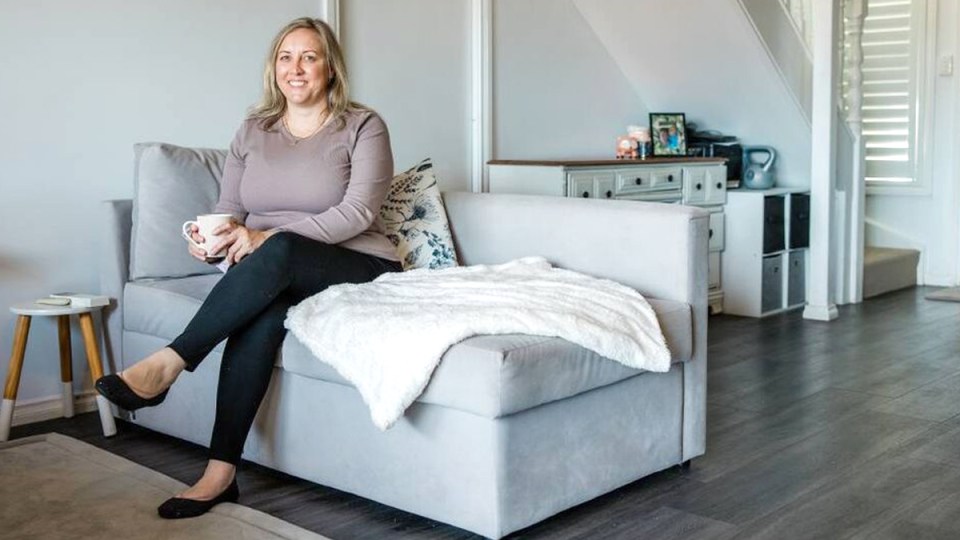


It’s no secret that homeownership has become a tough slog for millennials and generation Z.
A new report looks at how the latter generation is navigating what many would consider a pipe dream.
The research, from Great Southern Bank, reveals that many younger Australians are getting clever about their finances – from leveraging homeownership for additional income to receiving help from parents and loved ones.
The insights are drawn from the bank’s No Place Like Home report, which explores the Australian experience after stepping onto the property ladder.
One factor emerged as crystal clear: It’s tougher than ever to go it alone. Help is a necessity.
But where does that leave parents?
Thankfully, the data points to boomers and gen X being on board with supporting their children to get on the property ladder – and gen Z is more than willing to pay it back.
The age parents think their adult kids should move out
The No Place Like Home report found the largest proportion of parents (at 41 per cent) were willing to house their children only until 25 years of age – ouch.
However, the data also shows that more Australians are open to their adult children living at home indefinitely, helping them save money and build a deposit.
Close to one in four parents (23 per cent) said they’d be happy for their kids to live at home forever. This view is particularly strong among baby boomers, with 40 per cent saying they are willing to house their children for life.

There’s also been an uptick in parents who would allow children to stay at home until age 35, up 8 per cent from last year to 33 per cent.
Single mum Renee Brown had $50,000 in debt when she began to work with a broker on a plan that led to her buying her first home on NSW’s central coast. Moving back in with family was absolutely necessary to reach her goal.
“Living with family for a year was a crucial part of my savings process. As was changing jobs to increase my salary,” Brown said.
“I think it’s important for anyone wanting to buy a home, particularly if they’re not in the best or ideal financial position, to know that you can play the long game and win in the end”.
The findings point to a broader shift in attitudes toward multigenerational living, with many families prioritising financial stability and long-term housing goals over traditional timelines for moving out.
The attitude of gen Z may also be a factor, with the findings revealing they’re determined to pay back the help they receive.
Less handout, more handshake
More and more young Aussies are choosing to repay the financial help they receive from parents when buying a home, essentially turning the support from a gift into a personal commitment.
The findings show that of homeowners who planned to pay financial help back, nearly half (44 per cent) said they planned to repay their parents as soon as possible, and almost a third (30 per cent) intended to repay the money with interest.
Only 5 per cent said they wouldn’t be able to pay back family or friends who had helped.

“This is a natural evolution in how families are helping each other,” Great Southern Bank chief customer officer Rolf Stromsoe said.
“It’s no surprise that many Australians need a helping hand to get into the property market. But what’s striking is how committed they are to paying that support back.
“That will be reassuring news for parents who want to help their children buy a home but feel unsure about making a financial gift. In many cases, it’s not a handout – it’s a handshake.”
Gen Z gets proactive about property possibilities
The report found that gen Z doesn’t view homeownership simply as a place to live – it doubles as a path to financial freedom, with them leveraging property to build more wealth.
More than a quarter (28 per cent) of homeowners say they are considering using their home as a source of income. This figure jumps to 58 per cent among gen Z homeowners.
Among this generation, 24 per cent would like to turn their home into an investment property, 19 per cent would like to rent out a room or the property, and 16 per cent would like to run a business from home.
“There’s a proactive mindset among younger Australians. They’re thinking entrepreneurially about how to make their home work harder for them,” Stomsoe said.
“Having a home is both a personal milestone and a launchpad to help build wealth or build a side hustle.”
Ruby Lee Bingham, a 25-year-old childcare professional living in Mordialloc, in Melbourne’s south-east, became a first-time homeowner late last year. She bought her two-bedroom apartment after 11 months of searching, years of disciplined savings and a small inheritance.
Bingham plans to leverage her property by renting it out as a source of additional income while she’s overseas, then using it as an investment property down the line once she is able to purchase her “forever home”.
“We’ve always considered the long term when looking to buy a home. We wanted something that suits our needs right now, including location and size, but will also act as an asset for us down the line,” she said.
“Longer-term, I see it as a foundation of a portfolio I can grow over time. More people my age are starting to view their first home not just as a place to live, but as a way to create financial flexibility.”
This article first appeared in View.com.au. Read the original here










